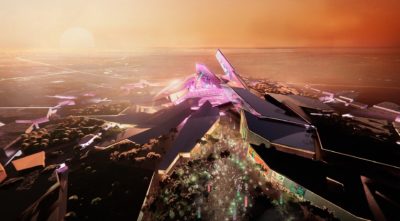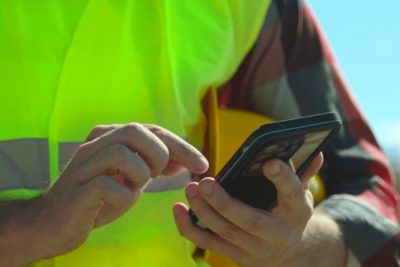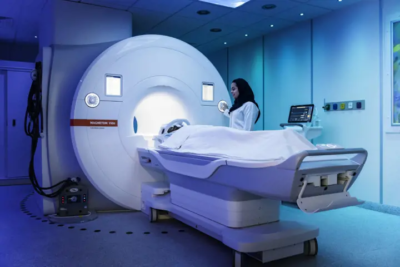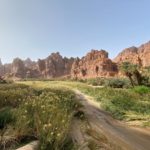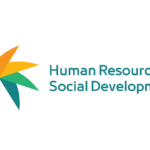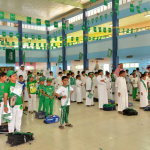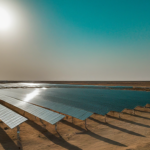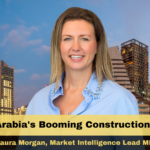
“Look, it’s been pretty remarkable. In the space of just a few weeks, we reengaged with allies and partners around the world. I think I’ve made myself maybe 50 calls already. It’s a good thing we’re on the family plan here at the State Department, otherwise we’d be broke.”
-Antony Blinken, U.S. Secretary of State, commenting in an interview with National Public Radio about his outreach to, “diplomats in Europe and beyond.” [NPR]

“In the past, excess oil revenue was invested by the Saudi central bank, mostly in stable liquid assets like U.S. Treasuries. The kingdom missed an opportunity to buy cheap stocks during the 2008 global financial crisis, Al Rumayyan said in December.”
-AnalyzeMarkets.com, discussing Saudi Arabia’s Public Investment Fund’s latest filing with the U.S. Securities and Exchange Commission shows that its U.S. portfolio increased 80% in Q4 2020 with additional investments in video game companies among others. [Analyze Markets]

“We’re going to recalibrate our relationship with Saudi Arabia. Part of that is going back to engagement counterpart-to-counterpart. The president’s counterpart is King Salman.”
-Jen Psaki, Biden Administration Press Secretary, at a press conference to reporters on Tuesday at the White House. [CNN]

“The announcement of significant judicial reforms to be enacted in 2021 could be similar to the UAE, which has a dual legal system of European-style civil law and sharia. Civil courts hear most cases, including commercial disputes, while sharia courts retain jurisdiction over personal status issues but operate under the constraints of codified personal status and civil transactions laws.”
–Albright Stonebridge Group comments on the groundbreaking announcement Saudi Crown Prince Mohammed bin Salman introducing four draft laws – the Personal Status Law, the Civil Transactions Law, the Penal Code for Discretionary Sanctions, and the Law of Evidence – as part of a “new wave of judicial reforms in the Kingdom.” [Albright Stonebridge Group]

“If you’re a 1/7 baby, then you’re definitely from jeel al-tayebeen (the good generation). I’m the eldest of 5 and all five of us share the same birthday. My mother would throw us separate birthday parties spread across the year, as we disliked shared birthdays. But now, as we’re all older and have our own families, we celebrate it together. It’s a big family affair and an inside joke that millions of Saudis share.”
-Jamal Al-Ibrahim, former banker and business owner, one of more than 3.5 million Saudis (10% of the population) who has the fictitious birthday the first of Rajab (1/7 in the Hijri Islamic calendar/February 14 in the Gregorian). When identification cards became mandatory over 60 years ago many who were registered just knew their year of birth. Subsequently, 1/7 was designated for millions of Saudi citizens. [Arab News]

“The inspiration for Cali’s décor comes from four months that Ahmed spent in San Diego when he was 19 years old, visiting an uncle who was a student there. That is a common story: Fueled by a massive government scholarship program, Saudis have completed over 500,000 academic years of education in US universities and colleges in the last two decades.”
-David Kenner writes in Slate about Saudi Arabia’s burgeoning ‘café culture.’ [Slate]

“We now see women out cycling and they want to be part of cycling clubs. We see women running in groups, and coaching courses are widely available. In the past, you would find one or two courses, and only the more athletic women would join. Now, women want to get involved; they want to improve their health and fitness.”
–Cheryl Sewsunker, a sports and fitness professional from South Africa, who has been living in Saudi Arabia for eight years. Sewsunker has witnessed the large-scale changes for women’s health and fitness that have happened in the Kingdom. In 2020, she set up DM Sports Evolution in Jeddah with the goal of developing and promoting homegrown female talent. Her sports-focused business is one of many that have emerged following changes to create a more open society. [salaamgateway.com]

“This is an important paradigm shift for a region where investors and fund managers have shown their willingness to write checks up to a Series B or Series C level, but have been reluctant to part with the larger amounts required for Series C and Series D.”
-Areije Al-Shakar, Director and Fund Manager, Al Waha Venture Capital Fund of Funds, on how the Middle East bucked global funding trends – which fell to their lowest level since the 2008 financial crisis– with a record-breaking $659 million invested in MENA-based startups in the first half of 2020 alone. “Larger amounts of money were flowing into a smaller number of later-stage startups, and in particular to industries that have evolved in the pandemic climate, such as fintech, edtech, and healthtech.” [Entrepreneur]

“Business models that were proven weak during the pandemic will not be a target market for VCs anymore. Most startups that failed to survive the pandemic will not be able to raise funds easily with an exception for strong founder/s who were able to pivot into a new business model and make a positive turnaround.”
-Ali Abussaud, Managing Partner at Hala Ventures. Omar Fandi interviewed the heads of leading investment funds active in Saudi Arabia to get their perspective on potential sectors of interest in 2021; Fintech, digital commerce, and healthcare were the most sited. [CrowdFundInsider]

“Despite the Covid-19 pandemic, global lockdown and global travel coming to a standstill in 2020, the fundamentals of demand for real estate in the holy cities meant that the impact, albeit significant, was in the short and medium-term, as the fourth-quarter opening allowed the sector to make some recovery.”
–Talal Mahmood Malik al-Alawi, chairman and CEO of Alpha1Estates, on the impact of the Coronavirus pandemic on the Saudi real estate market, especially in Mecca and Medinah. The Ihsan al-Haramain Index, the influential index used to solely track Saudi-listed companies involved in real estate development in Makkah and Madinah, slumped by 7.6 percent, representing a 10 percent underperformance with the market. [Arabian Business]
